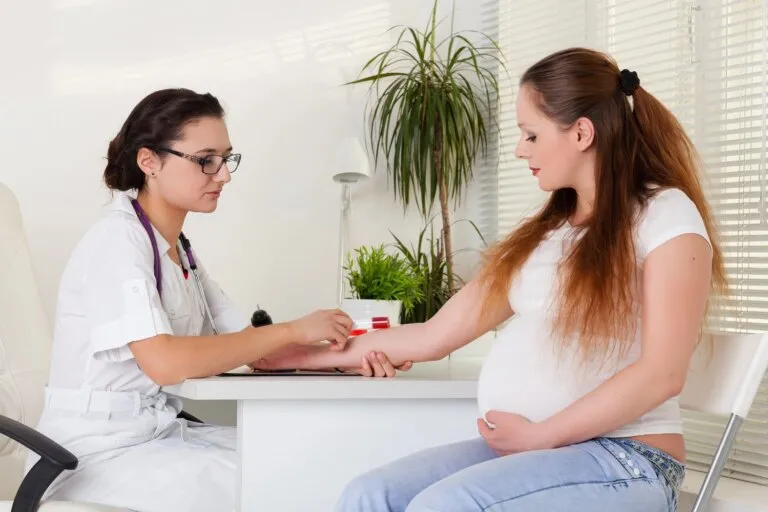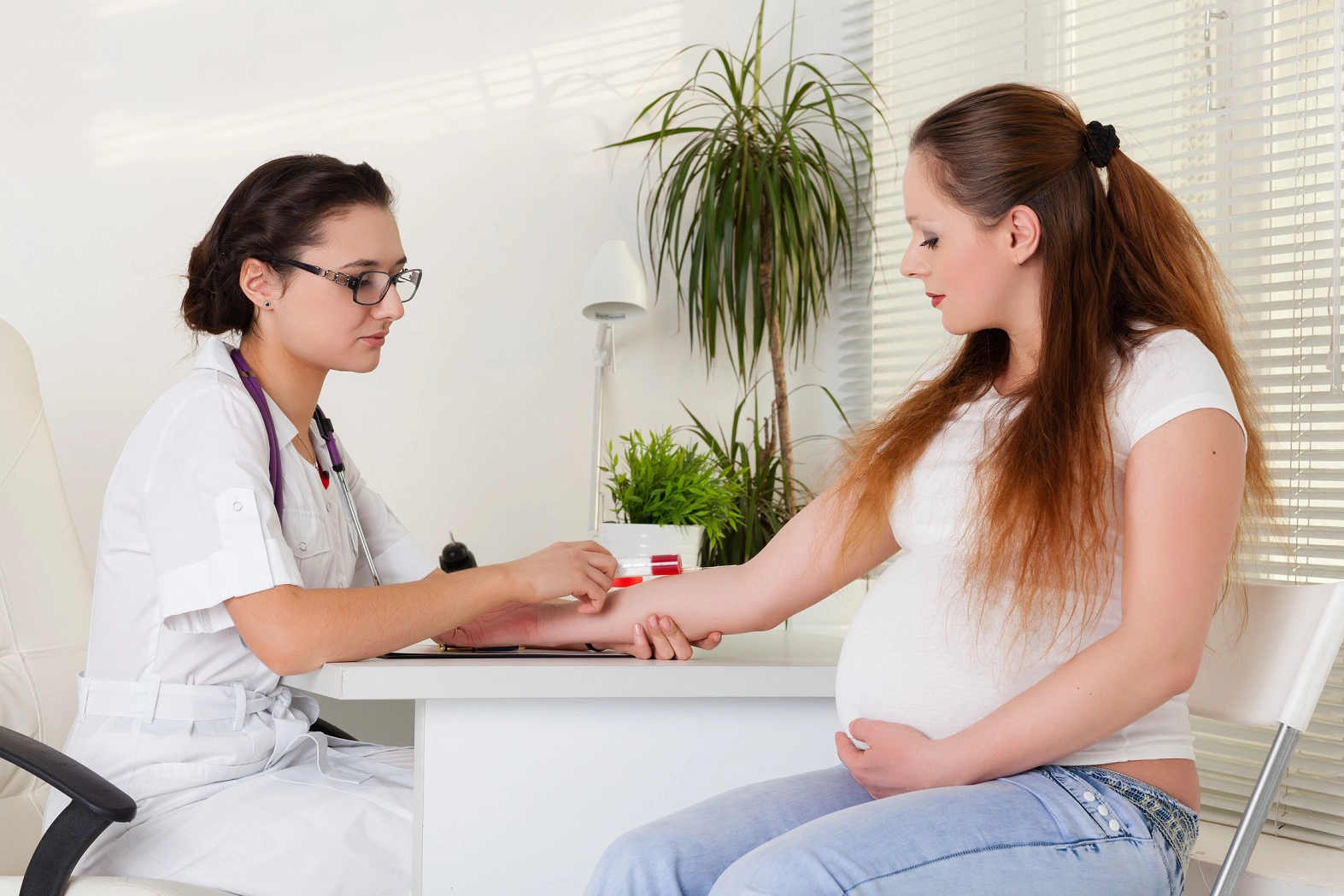Viral hepatitis is considered one of the most serious infections during pregnancy and can lead to infection of the baby. For this reason, every pregnant woman is tested for hepatitis B and C. Find out about the symptoms of viral hepatitis during pregnancy.
Viral hepatitis during pregnancy
There are 5 types of viral hepatitis: A, B, C, D AND E. Two of them – hepatitis A and B – are available as vaccines. Both vaccines are safe during pregnancy. According to current recommendations, all women should be tested for hepatitis antibodies in every pregnancy. The most common test for viral hepatitis is carried out in the first trimester and before the birth.
How can you contract viral hepatitis during pregnancy?
Viral hepatitis is an infectious disease. Hepatitis A is mainly transmitted through the consumption of contaminated food. Hepatitis B, on the other hand, is transmitted sexually or via the bloodstream, e.g. when getting a tattoo or visiting a beautician. Hepatitis C is most commonly transmitted through intravenous injections and unprotected sexual intercourse with a sick person.
Viral hepatitis during pregnancy – how can infection be avoided?
In the prevention of viral hepatitis, the main focus is on safe sex, including the use of condoms. The risk of infection is also reduced by having fewer sexual partners. To avoid contracting hepatitis A, it is important to wash your hands carefully, wash fruit and vegetables and not drink water from unknown sources.
Viral hepatitis during pregnancy – symptoms
The symptoms of viral hepatitis during pregnancy can vary. These include diarrhoea, vomiting, tiredness, abdominal pain, yellowing of the skin or enlargement of the liver. Patients also notice dark-coloured urine and discoloured stools. The symptoms of the disease are non-specific, so expectant mothers who are struggling with similar symptoms should see their doctor to have the necessary tests carried out.
Viral hepatitis during pregnancy – tests
Every expectant mother should be tested for hepatitis B and C. In the case of hepatitis B, the presence of HBV surface antigen (HBsAg) is tested for. Every pregnant woman also has an anti-HCV antibody test carried out during pregnancy. According to the current standard of perinatal care, anti-HCV should be ordered by the gynaecologist at the first visit and before delivery (i.e. between 33 and 37 weeks’ gestation). An HBsAg test should be performed on every patient who is due to give birth (preferably between 33 and 37 weeks’ gestation). The test result is also important for neonatologists who decide whether to vaccinate the newborn against hepatitis B.
If the HBsAg or anti-HCV result is positive, the pregnant woman should be referred to an infectious disease doctor for further treatment.











